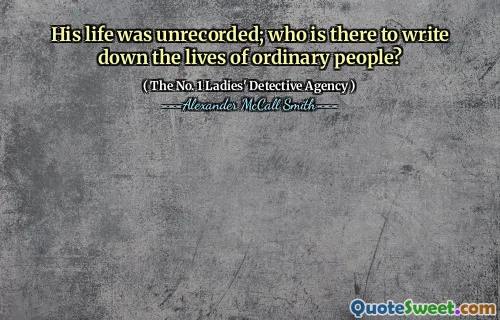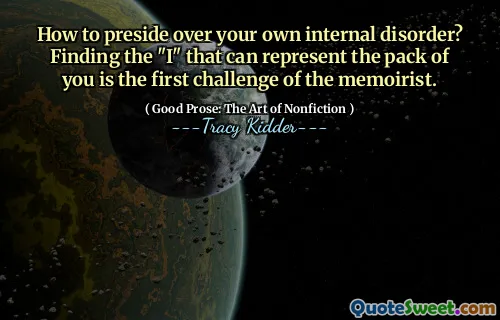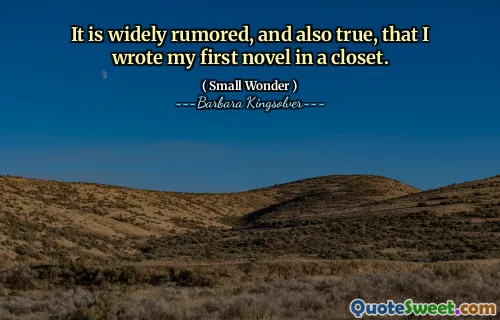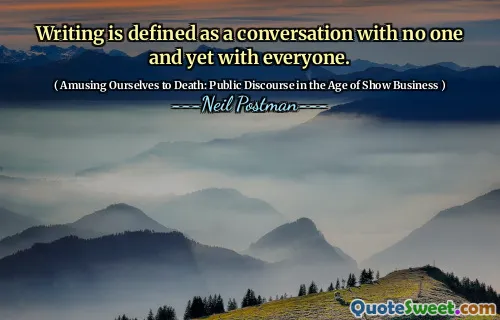But we were chumps and we knew it. As makers of sentences we were practically fetal, beneath notice, unlaunched, fooling around in our spare time or on somebody else's dime. Nobody loved our sentences as we loved them, and so they congealed or grew sour on our tongues.We barely glanced at our wall-scribblings for fear of what a few weeks or even hours might expose in our infatuations. Our photocopied fortune slips we'd find in muddy clogs in storm drains, tangled with advertising flyers, unheeded.Our manuscripts? Those were unspeakable secrets, kept not only from the world but from each other
In this reflection, Lethem conveys the insecurities and uncertainties felt by aspiring writers. He describes how their creations often feel insignificant, existing in a state of vulnerability and obscurity. Despite their passion for crafting sentences, they recognize that their work currently lacks the recognition and esteem they desire. This state of being fosters a sense of isolation as they grapple with the realization that their artistic endeavors might never truly shine.
Moreover, Lethem illustrates the internal struggle writers face as they revisit their older works. The fear of discovering flaws or disappointments in their writing leads them to avoid even acknowledging these past efforts. Their manuscripts become closely guarded secrets, not just from the public but even from fellow writers. This atmosphere of doubt and self-consciousness amplifies their feelings of being unvalued, highlighting the natural tension that accompanies the creative process.











